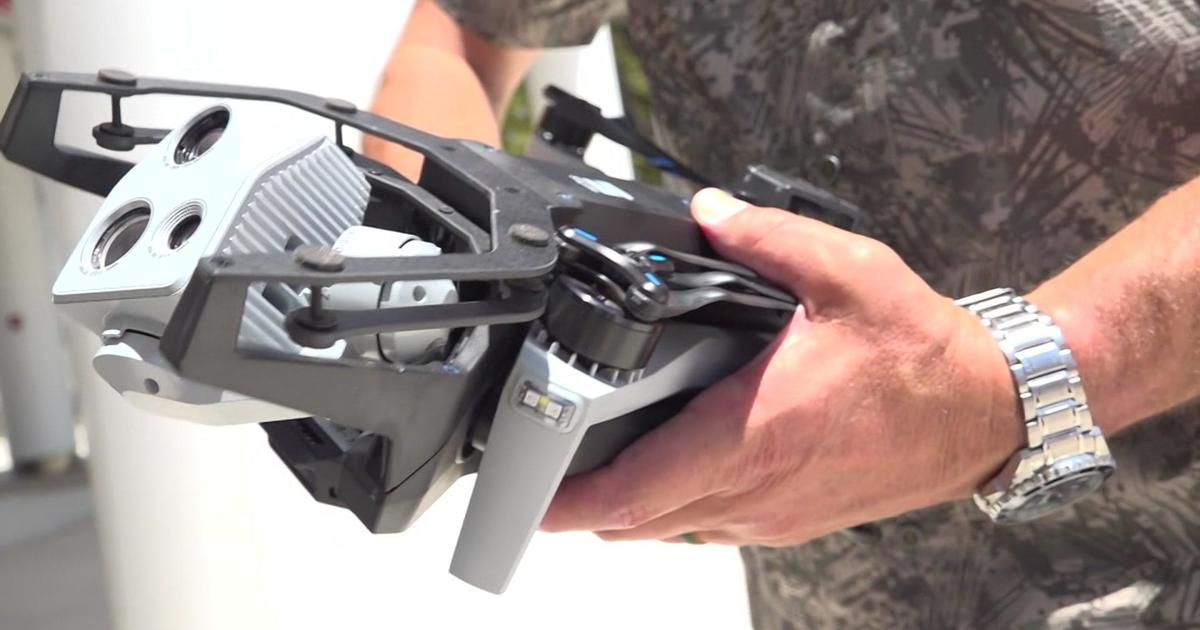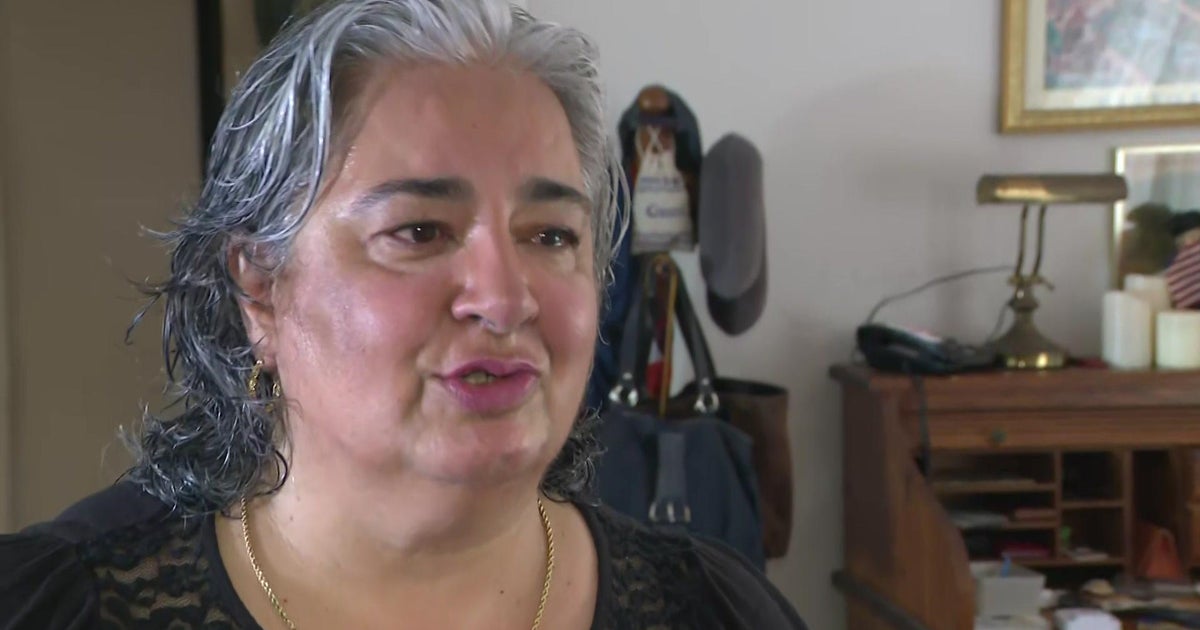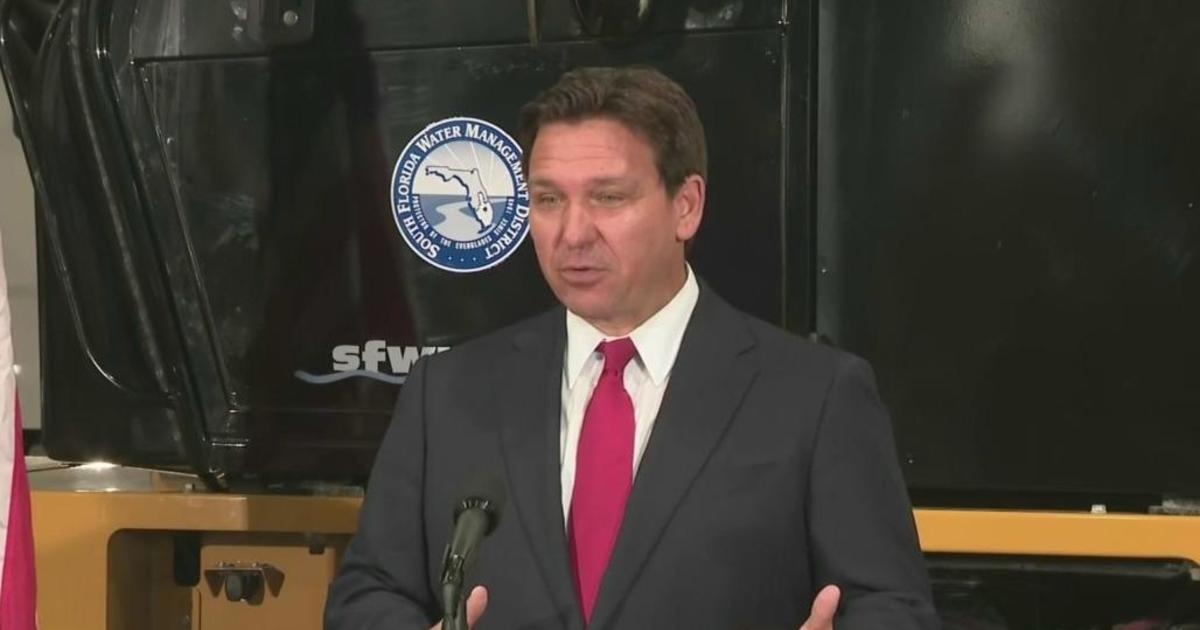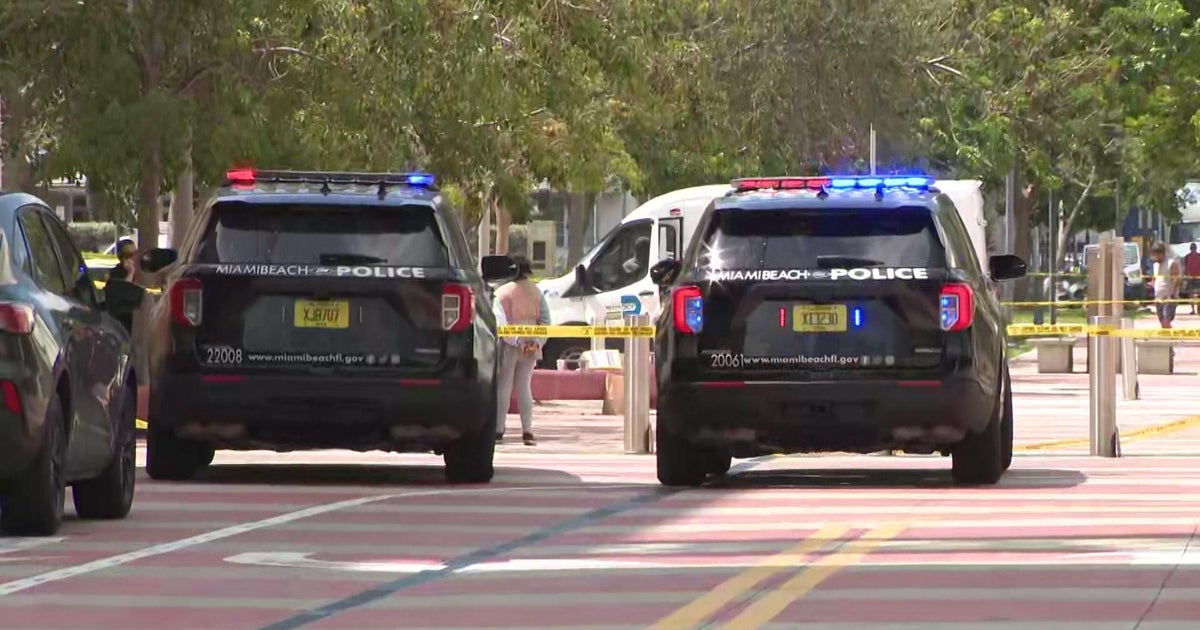I-Team: Aviation Insecurity - Security Theater
In the days following the 9-11 attacks leaders in Washington rushed to build a security system to give Americans confidence to fly again.
With record number of travelers now flying one could argue that the creation of the Transportation Security Administration --or TSA--was a success.
But critics, from those who work at TSA to those who helped create it, say the agency has become a bloated, out of control bureaucracy where problems are ignored or swept under the rug and where security vulnerabilities are as bad or worse than prior to 9-11.
"I don't feel any more safe," said frequent air traveler and Hollywood resident Mark Kruger. "In fact it's brought a lot of drama to my life."
Every week Kruger flies from his South Florida home to his computer consultant's job at two different Fortune 500 companies in Houston.
"I fly on weekly basis I've seen all the machines," said Kruger.
Recently, Kruger questioned TSA procedure at Fort Lauderdale\Hollywood International Airport.
He said he asked a supervisor why some travelers had to go through a body scan device while others just passed through a metal detector.
"If these are so much more secure than the metal detector, why is the metal detector still there and why are half the people still going through it?" Kruger said he wanted to know.
After he sent a follow up e-mail to TSA officials in Washington, D.C., Kruger said he suddenly found himself being stopped at every stage when he flew. He said it was almost as if he'd been suddenly flagged and put on a list.
CBS4 I-Team investigator Stephen Stock asked "Do you think you got put on a TSA watch list?"
"I think it's very coincidental that that moment I submitted my concerns after four years of flying, all of a sudden I'm having issues getting boarding passes," said Kruger.
Critics of the nation's aviation security system and TSA, many of them former and current TSA and FAA officials said what Mark Kruger experienced is all part of a broken aviation security system.
"Absolutely it's 'security theater'," said Bogdan Dzakovich, who currently works for TSA in Washington, D.C.
Dzakovich also and served as a former leader on the FAA's red team which regularly tested aviation security around the country and around the world.
Dzakovich and other critics say all the bag checking, screening, restricting liquids and gels and forcing passengers to take off their shoes at airports does not make air travelers any safer.
The critics insist that all this exercise at airport passenger-screening checkpoints is actually a facade. They say it is all smoke and mirrors, 'Security Theater.'
"I used to say (Federal Aviation Administration) FAA security was zero security-- to put a numerical indicator on it," said Dzakovich about security prior to 9-11. "(By that) meaning there wasn't any security. You could do pretty much what you wanted to do. It was all illusion."
"But," Dzakovich said, "…under TSA it's actually worse than zero security."
"The public ought to be outraged," said former FAA special agent Brian Sullivan.
For nine years Sullivan served as an FAA special agent serving inside the nation's security apparatus before he retired in January, 2001.
"We've gotten a lot of money spent on security," said Sullivan. "(There are) a lot of bells and whistles, a lot of inconvenience to the flying public. And it's all intended to make us feel more secure."
"It's kind of like a facade of security," said Sullivan who now lives near Boston and works as a private aviation security consultant. He is currently serving as a legal expert for the families of 9-11 victims who've filed lawsuits over failures in aviation security.
"The proof is in the pudding if you look at the last two incidents (of aviation security breaches to make national news) the shoe bomber and the underwear bomber," said Sullivan. "(In each instance) it was the passengers that subdued the terrorists, not the TSA."
Then there are the critics on Capitol Hill.
"Well there is a certain amount of theater here," admits Florida Congressman John Mica. "You're trying to impress the terrorists that we have things in place and that we're doing our job."
Congressman Mica represents the 7th District of Florida which includes Daytona Beach, Altamonte Springs, outside Orlando and Saint Augustine. Mica is also ranking Republican member of the US House Transportation Committee which oversees the TSA and aviation security issues.
As a member of that US House Transportation Committee, Mica helped design and create the TSA following 9-11. The TSA was formed by the Aviation and Transportation Security Act passed by the 107th Congress on November 19, 2001.
Click here to read the full Aviation and Transportation Security Act.
"What we envisioned and what we have today are two totally different things," said Mica. "The Congress is responsible for this."
Responsible, the Republican from Central Florida says, for a federal bureaucracy gone out of control.
"There are 200 people making more (money in salary) than the TSA administrator," said Mica.
Mica points out that TSA now has 61,000 employees up from 16,500 originally hired by TSA.
Mica says that 8,000 of those employees are official administrators sitting behind desks around the nation. Mica says 3,500 of those bureaucrats are located in Washington, D.C. "pushing paper" instead of in the trenches conducting or overseeing security at airports.
"We test the system. So I know how the system works and it doesn't work," said Congressman Mica.
As for the details on the results of that security testing: "That's classified information," said Mica. "But I can tell you publicly that the results that I've gotten, even of late, with this huge bureaucracy, this huge number of employees, even with this advanced technology, the (security test) results are not good."
I-Team investigator Stephen Stock asked "I've been told that it ranges anywhere from 75 to 90 percent failure rate?"
"Again, I can't quote on that," said Congressman Mica. "But the failure rates are way off the charts. I've alerted the administrator, what we have now as our fifth TSA administrator. And that's another problem, the TSA administrator (position) has been like a revolving door."
The chairman of the US House Transportation Committee, Democrat James Oberstar agrees more needs to be done.
"There is a failure rate that is higher than it should be. But I don't think it's 75%, 80%," said Oberstar, who has access to the same classified data on test failure rates that Mica sees.
Democratic Representative Oberstar represents the 8th District of Minnesota including the North Shore and Boundary Waters area, Duluth, Little Falls and Grand Rapids. Oberstar once served as a top staffer for a former House Transportation Committee chair. After serving as ranking Democrat on the US House Transportation Committee, since 2007 he chaired the same Committee where Mica is a now the ranking Republican member. The Committee oversees the TSA.
I-Team investigator Stephen Stock asked "But it (the failure rate for airport security tests) is still higher than you want?"
"It's higher than it should be," said Chairman Oberstar. "That is why there needs to be more recurrent training. They (TSA screeners) have to be at peak efficiency all throughout their shift."
Admiral James Loy, a former TSA Administrator agrees there have been some rough patches for the agency.
"I hated it, but I remember in the early days TSA came to stand for, in many people's minds, 'Thousands Standing Around'," said Admiral Loy.
Retired Admiral Loy, a former Commandant of the Coast Guard, was the first administrator at TSA, Deputy Secretary of Homeland Security and now serves as a Senior Counselor at the Cohen Group in Washington, D.C.
Click here to visit The Cohen Group's website.
"We were designing a system to keep unknown terrorists off of airplanes," said Admiral Loy.
As the first TSA Administrator, Admiral Loy worked closely with Congressman Mica establishing and getting the TSA up and running shortly after 9-11.
"I think John is absolutely right," said Loy. "We should be constantly challenging the TSA administrator to validate that he continues to need "x" number of bodies for the payroll end which is a huge part of that. It's a very people intensive agency."
Admiral Loy agrees that the TSA today is not exactly what was first envisioned. But Admiral Loy also defends TSA and argues it was and remains successful.
"We armed pilots. We put in hardened cockpit doors. We did what we did at the checkpoints," said Loy. "There's a whole series of things that are lined up to be our system (of layered security) that we can have great confidence in."
But not everyone shares Loy's optimism in TSA's effectiveness.
"As bad as it (security) was back then, it's worse now," said outspoken critic and former FAA red team member Steve Elson.
Elson served on the FAA red team along with Bogdan Dzakovich prior to 9-11. Elson's job was to take weapons and bomb materials through checkpoint security, testing aviation security around the country and the world. Though he retired about nine years ago Elson still maintains close contact to specialists within the nation's aviation security community.
"We had about a 100% success rate," Elson said of the tests he conducted. "In other words they (the screeners) failed about 100%. We, the terrorists, were successful about 100% of the time."
"Now, in security in the TSA, we are increasing the odds of terrorist success," said Elson of security efforts today. "It's all a big facade. So you should be worried because somebody is going to hit us again."
Several other sources still working at TSA in Washington, who did not want to be identified for fear of losing their jobs, say all this only scratches the surface.
They agree with Dzakovich, Sullivan and Elson. They say failures at checkpoints are commonplace. They say TSA is a top-heavy agency with too many administrators who are tone-deaf to those working in the trenches.
They believe if Congress doesn't fix these problems now, Americans will pay an even greater price than just lost tax dollars.
"We in Congress, we have not appropriated enough money to advance the technology (of security)," said Congressman Oberstar. "We have to do more research (and keep) staying ahead of the state of the art being able to detect more arcane ways (that terrorists might use against us)."
While all this attention is focused on passengers boarding airplanes, critics say security vulnerabilities elsewhere in our aviation system go ignored.
In the second part of our special report "Aviation Insecurity" the CBS4 I-Team takes you behind the scenes to see those holes in the system firsthand.



